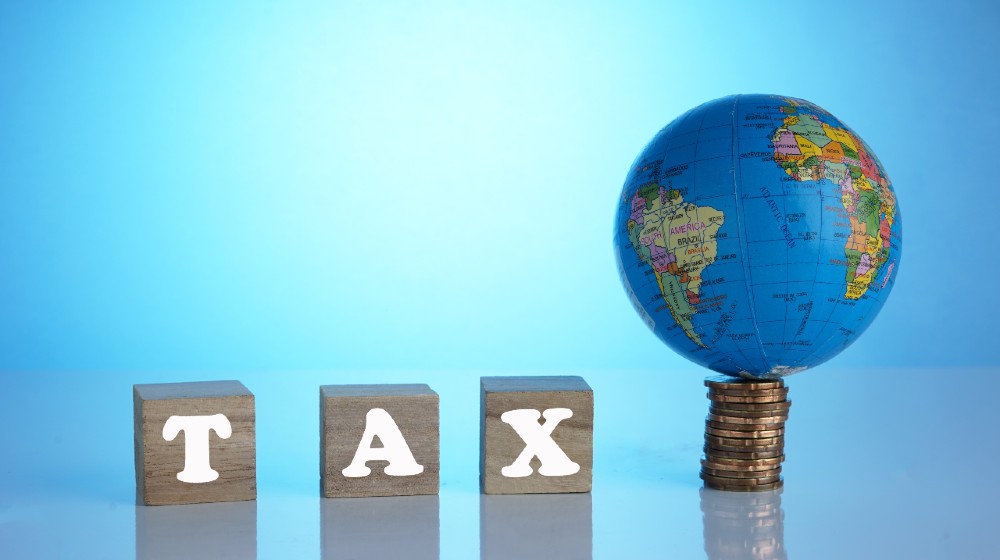News
130 Nations Back US Bid For 15% Global Minimum Tax For Firms

The US scored a major victory in its aim to impose a global minimum tax on multinational companies. A total of 130 nations agreed to a blueprint that requires multinational corporations to pay an appropriate share of tax wherever they operate.
Originally, the Group of Seven Nations approved the initial draft earlier this June. Afterward, ministers from the Group of 20 major economies will work out the details.
RELATED: Secret IRS Files Show Wealthiest Americans Pay Less Taxes
Global Minimum Tax For Firms
A global minimum tax helps prevent multinationals from “racing to the bottom”. This is the term used to describe companies that seek offshore offices with the lowest tax rates.
The Organization for Economic Cooperation and Development, a global policymaking group, revived the move for taxes this year. Surprisingly, the framework included a very remarkable trio: China, Russia, and India. These countries are among the largest nations that remain wary of tax changes.
15% Global Minimum Tax
The conceptual framework includes the US-basked proposal of a minimum 15% global minimum tax rate. It also outlines rules that force businesses like Amazon, Apple, and Facebook to pay taxes in countries where they sell their goods or services. In fact, it wouldn’t matter if they have no physical presence.
The OECD said that closing the world’s major tax loopholes can generate around $150 billion in tax revenue annually. However, major tax havens like Ireland and Caribbean nations have yet to sign. Consequently, these holdovers can potentially weaken the plan to impose a standard global tax.
Avoiding Global Trade Wars
In addition to generating taxes, the agreement can also end years of trade wars. Many countries want to tax companies that generate revenues in their territory. Countries such as India, Britain, and France introduced laws to tax digital services from tech companies. In return, both the Trump and the Biden administration threatened retaliatory tariffs.
In a statement, President Biden hailed the framework agreement. “Today marks an important step in moving the global economy forward to be more equitable for workers and middle-class families in the United States and around the world,” he said. “With a global minimum tax in place, multinational corporations will no longer be able to pit countries against one another in a bid to push tax rates down and protect their profits at the expense of public revenue,” he said.
Working Out The Details
Officials expect a draft ready by October. Until then, participating countries will need to hash out details. The working group still needs to determine which American multinationals are subject to new rules on digital taxation.
This excludes financial services companies and those in extractive industries like oil and gas. After working all these out, the new agreement will require approval from each signatory country’s Congress.
OECD estimates that over $100 billion of corporate profits would move from home countries to other countries where they operate. Experts expect emerging giants like India to gain more in taxes, although many wealthy countries can also get more. Many developed nations complain that countries with lower taxes routinely deprive them of funding.
Watch the Bloomberg Politics feature on a global tax overhaul that’s endorsed by 130 nations:
Do you agree with imposing a global tax on multinationals? Why or why do you not agree? Let us know what you think about global companies always seeking the lowest taxes. Share your comments below.















